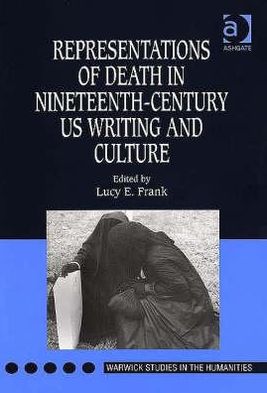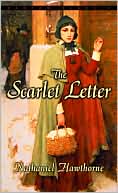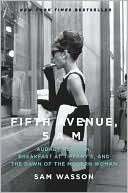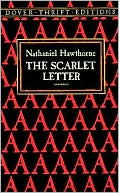Representations of Death in Nineteenth-Century US Writing and Culture
This collection traces the vicissitudes of the cultural preoccupation with death in nineteenth-century US writing and examines how mortality served paradoxically as a site on which identity and subjectivity were productively rethought. Topics include race- and gender-based investigations into the textual representation of death, imaginative constructions and re-constructions of social practice with regard to loss and memorialization, and literary re-conceptualizations of death forced by...
Search in google:
This collection traces the vicissitudes of the cultural preoccupation with death in nineteenth-century US writing and examines how mortality served paradoxically as a site on which identity and subjectivity were productively rethought. Topics include race- and gender-based investigations into the textual representation of death, imaginative constructions and re-constructions of social practice with regard to loss and memorialization, and literary re-conceptualizations of death forced by personal and national trauma.From the famous deathbed scene of Harriet Beecher Stowe's Little Eva to Mark Twain's parodically morbid poetess Emmeline Grangerford, a preoccupation with human finitude informs the texture of nineteenth-century US writing. This collection traces the vicissitudes of this cultural preoccupation with the subject of death and examines how mortality served paradoxically as a site on which identity and subjectivity were productively rethought. Contributors from North America and the United Kingdom, representing the fields of literature, theatre history, and American studies, analyze the sexual, social, and epistemological boundaries implicit in nineteenth-century America's obsession with death, while also seeking to give a voice to the strategies by which these boundaries were interrogated and displaced.
Introduction: Curious dreams: representations of death in 19th-century US writing and culture, Lucy Frank. Part 1 Death, Citizenship and the Politics of Mourning: Chief Seattle's afterlife: mourning and cross-cultural synthesis in 19th-century America, John J. Kucich Escaping the 'benumbing influence of a present embodied death': the politics of mourning in 1850s African-American writing, Jeffrey Steele Representative mournfulness: nation and race in the time of Lincoln, Dana Luciano 'Stock in dead folk': the value of black mortality in Mark Twain's The Adventures of Huckleberry Finn, Stephen Shapiro 'I cannot bear to be hurted any more': suicide as dialectical ideological sign in 19th-century American realism, Kevin Grauke Rewriting the myth of black mortality: W.E.B. Du Bois and Charles W. Chesnutt, Joanne van der Woude. Part 2 Signatures and Elegies: 'I think I was enchanted': Elizabeth Barrett Browning's haunting of American women poets, Alison Chapman God's will, not mine: child death as a Theodicean problem in poetry by 19th-century American women, Paula Bernat Bennett 'The little coffin': anthologies, conventions and dead children, Jessica F. Roberts. Part 3 Cultures of Death: The fashion of mourning, Ann Schofield 'At a distance from the scene of the atrocity': death and detachment in Poe's 'The Mystery of Marie Rogêt', Elizabeth Carolyn Miller Spectres on the New York stage: the (Pepper's) Ghost Craze of 1863, Dassia N. Posner Medusa's blinding art: mesmerism and female artistic agency in Louisa May Alcott's 'A Pair of Eyes Or, Modern Magic', Ann Heilmann 'To surprise immortality': spiritualism and Shakerism in William DeanHowells's The Undiscovered Country, Kelly Richardson. Index.








